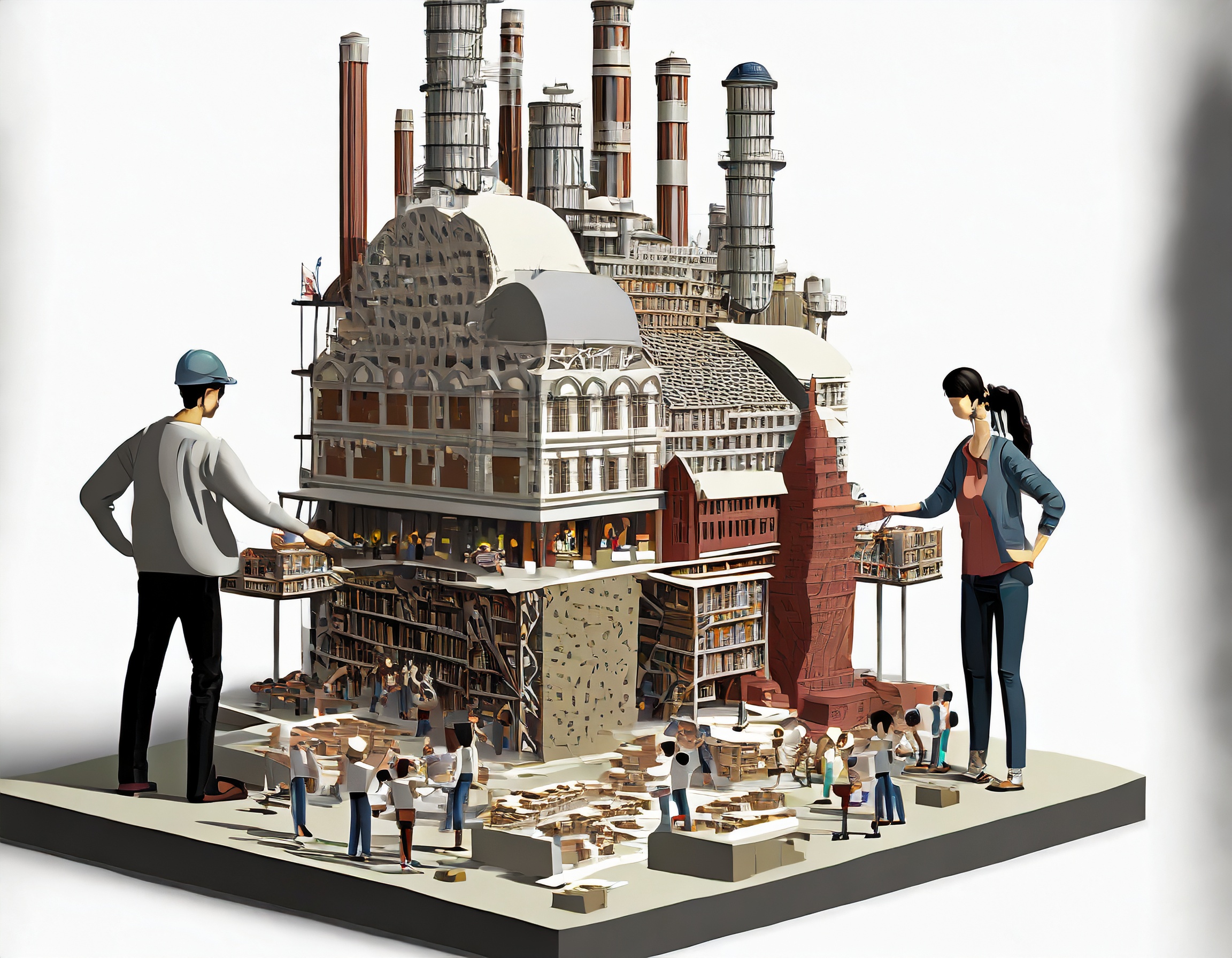
Last year I published “The Lankes Corollaries” in the Access: An International Journal of Nepal Library Association. I have recreated it here…and enhanced it a bit (it was published with a creative commons license). To cite it, please support my colleagues in Nepal:
Lankes, R. D. (2023). The Lankes Corollaries . Access: An International Journal of Nepal Library Association, 2(01), 200–208. https://doi.org/10.3126/access.v2i01.58999
Abstract: This piece explores a series of corollaries to Ranganathan’s five laws of librarianship. These corollaries talk about how librarians work with communities to ensure that service is shaped throughout the community. Such shaping moves libraries away from some pre-determined standard model, and into hyperlocal organizations ultimately facilitating knowledge creation.
Introduction: In 1931 S. R. Ranganathan proposed 5 laws of librarianship (Ranganathan, 1931)
- Books are for use
- Every person his or her book
- Every book its reader
- Save the time of the reader
- A library is a growing organism
While others have tried to expand/revise/or update them (Gorman, 1998, Simpson 2008), the originals stand up. Clearly today we would expand books to resources and even services (e.g., services are for use) and readers have become members or just “people” – as we see that the library is a part of a person’s life – hopefully a significant part.
However, Ranganathan was clearly being aspirational: what we want to be, not so much how we get there. What I propose are 5 corollaries to the laws–guide post for library workers and organizations to achieve these lofty goals:
- The mission of librarians is to improve society through facilitating knowledge creation in their communities
- To be a librarian is to be a radical positive change agent with your community
- A room full of books is a closet, but an empty room with a librarian serving their community is a library
- Bad libraries build collections, good libraries build services, great libraries build communities
- A library should be a safe space to explore dangerous ideas.
